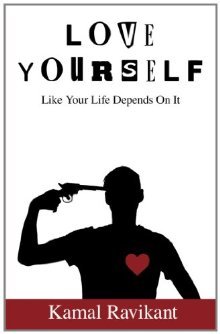 I'm a great believer in mottos. I love words and I am always collecting new favourites: words and sayings that grab me for one reason or another. I especially cherish the ones that make me laugh or help me to feel strong.
I'm a great believer in mottos. I love words and I am always collecting new favourites: words and sayings that grab me for one reason or another. I especially cherish the ones that make me laugh or help me to feel strong.So it's quite fitting that I recently adopted a bon mot of the inimitable Winston Churchill, who would sign off his messages and phone calls with the acronym "KBO". It meant, of course, "Keep Buggering On" and brilliantly encapsulated the kind of grim determination that saw Britain through the war years. I thought I only liked it because it made me laugh, but I've just had a clear lesson in what it actually means in practice.
Yesterday, I was so exhausted, so totally debilitated by this MS fatigue, that I decided to scrap all my plans for the day and stay in bed. It was not a happy day. I don't fare well when I'm home alone for long periods, with no energy to do anything "useful". I don't imagine anyone does. And doubtless it contributes to my depression. So last night I made a gentler, less intensive plan for today. Crucially, it included my first visit to a mindfulness class that I've just discovered.
When I woke up this morning feeling even more exhausted than the day before, I was absolutely gutted. Another day of cancelled plans, mooching around the house feeling sorry for myself? Initially, yes, that's exactly how it was.
When I woke up this morning feeling even more exhausted than the day before, I was absolutely gutted. Another day of cancelled plans, mooching around the house feeling sorry for myself? Initially, yes, that's exactly how it was.
BUT THEN...
After a bit of complaining to the OH, a couple of hours of sulking, and a super-nutritious juice, I suddenly found the will to force myself to leave the house. Yes, my legs felt like lead weights, but I wanted to go to that class, dammit! And getting there has made all the difference to my day. I feel at least 20% more energetic than when I woke up, and 100% more positive.
Did I drop off during the meditations? I think so.
Am I still exhausted? Yes.
Do I now feel better, emotionally and physically, than if I'd stayed in bed? Absolutely!
Did I drop off during the meditations? I think so.
Am I still exhausted? Yes.
Do I now feel better, emotionally and physically, than if I'd stayed in bed? Absolutely!
Of course I'll now have to make sure I don't overdo it and I get appropriate rest tonight, but I'm beginning to understand that for me, self-care doesn't mean wrapping myself in cotton wool and it doesn't mean always pulling out of something just because I'm feeling rough.
Today I learned that KBO is more than just a wry motto. For Churchill's Britain, it meant fighting on even when they felt there was no fight left in them. For me, it means marshalling the power of my will to push through all the obstacles that would prevent me doing what I know I need to do to get better. Even if part of me doesn't want to do it.




